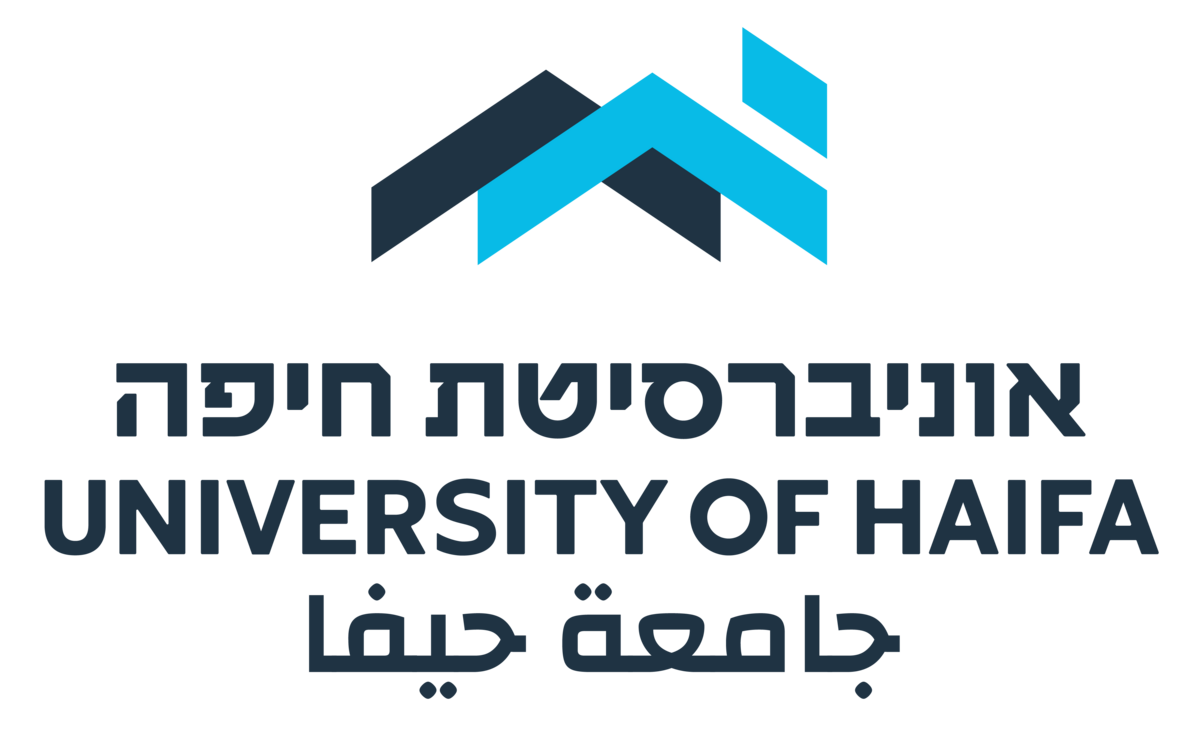M.Sc. Program
Members of the M.Sc. committee: Dr. Avi Mendelsohn (Chairperson), Prof. Shlomo Wagner, Dr. Shani Stern, & Dr. Dudi Deutsch.
The purpose of this program is to enable outstanding graduates of Biology, Medical Science and other areas in Life Sciences or Psychology to acquire deeper theoretical, integrative knowledge together with intensive practical training in research in Neurobiology. Emphasis is placed on the study of behavior as reflecting structural and functional principles of the nervous system and its units (down to the sub-cellular level), under the assumption that the characteristics of the nervous system are expressed in a variety of behaviors. The program incorporates novel research methods that are at the forefront of science, ranging from advanced molecular methods and genetic engineering, through the registration of electrical signals of the brain to the use of brain scans. Interdisciplinary research is employed with the aim of examining the contribution of neural organization levels and different environmental behavior of animals and humans.
The program is designed for those interested in the study of brain, behavior, learning and memory, and psychiatric disorders. Graduates of the program can pursue careers in advanced research in academia (Ph.D.), Biotechnology and pharmaceutical industries and in a variety of research and development organizations in the field of neurobiology and of biology.
Requirements for enrollment:
- Candidates must be graduates of a Bachelor degree program in Biology, Medical Sciences, Engineering, Computer Sciences, Psychology or related fields in the life sciences or psychology from an accredited institution of higher education in the country or abroad.
- Grade point average of at least 80 in each of the undergraduate subjects studied.
- A personal interview with the departmental admissions committee. The committee may, at its discretion, change the above admission requirements.
- If necessary, the admissions committee will determine an auxiliary curriculum program for each student depending on his or her academic background. Completion of the program with an 85 average grade is a prerequisite for further studies in the department.
- A candidate with a bachelor's degree from an accredited institution of higher education in which the language of instruction was not Hebrew, must meet a required level of knowledge of Hebrew determined by the University as a condition for acceptance for studies.
- Candidates who graduated from an accredited academic institution abroad, as well as graduates of universities with extensions in Israel, and which operate in under the authority of the Council of Higher Education, must successfully pass the GRE exam or other auxiliary studies as a pre-condition for acceptance for studies.
Duration of studies:
The duration of studies, including the submission of a thesis, is two years. The program is demanding and requires investment of time and intense intellectual effort. Students of the department are required to find a thesis advisor and complete their thesis proposal by the end of the first semester of the first study year, and to submit their thesis proposal by the end of the second semester of the first year. The thesis proposal must be approved by the beginning of the second learning year.
The final thesis submission for reviewer should be submitted by the end of the summer semester that follows the second study year.
Program structure
The MSc teaching program in the Sagol Department of Neurobiology, follows the single track, which includes experimental research work and thesis submission, consisting of 36 credit points.
Program curriculum includes:
- Mandatory courses for all MSc program students, accumulating 18 semester credits.
- Elective courses totaling 6 weekly lecture hours, which the students will choose in consultation with his/her supervisor.
- Fulfilling a research project in a 12 credit format, including a thesis dissertation that meets the scientific criteria of the field. The thesis will be reviewed by the student’s supervisor and the reviewers, from which at least one of which is external to the department.
- Mandatory participation in the weekly departmental seminar for the two learning years (non-credited).
- Mandatory participation in research group tutoring sessions, starting from the second semester, throughout the entire degree (non-credited).
- Mandatory participation in ‘lab-safety’ meetings, which will be carried out during the first semester of the program (non-credited).
- Students working with lab-animals as part of their research will be required to undergo an ‘authorization for working with lab-animals’ session (non-credited).
The following table summarizes the structure of the curriculum:
|
year |
Mandatory courses (Weekly Hours) |
Optional courses (Weekly Hours) |
|
A |
18 + Departmental seminar |
|
|
B |
Departmental seminar |
6 |
|
total |
18 |
6 |
Course descriptions for Master students:
|
Course name |
Scope |
|
|
Lecture |
Laboratory |
|
|
Experimental Design |
4 Weekly hours |
|
|
Introduction to Cellular and molecular Neurobiology |
2 Weekly hours |
|
|
Introduction to Systems Neurobiology |
4 Weekly hours |
|
|
Neuro Physiology of cells and nerve nets |
4 Weekly hours |
|
|
Matlab / Python |
3 Weekly hours | |
|
Scientific writing |
2 Weekly hours |
|
|
Neurobiology Seminar |
||
|
18 Weekly hours |
||
|
Total mandatory hours |
18 Weekly hours |
Elective courses
Each students will design a schedule of at least 6 weekly semester hours of courses provided by the Department. Up to four additional weekly semester hours can be elected from a variety of courses available at the university. The curriculum will be determined with consultation and with the approval of thesis advisor. Total volume of elective courses is of 18 weekly semester hours.
Some of the courses are elective courses of other graduate programs, and students will be able to enroll in them conditional on approval by departmental M.Sc committee and with consent teachers of the courses and the head of the relevant department.
|
Course Name |
Scope |
|
Seminar in molecular topics of learning and memory |
2 Weekly hours |
|
Learning and Memory - Psychological models |
2 Weekly hours |
|
Neurobiology of brain disorders |
4 Weekly hours |
|
Seminar in Electrophysiological studies |
2 Weekly hours |
|
Introduction to use of Matlab in neuroscience |
3 Weekly hours |
|
Nerve representation in the brain systems |
2 Weekly hours |
|
Neurocriminology |
2 Weekly hours |
|
Introduction to Computational Neurobiology |
3 Weekly hours |
|
Developmental Neurobiology |
2 Weekly hours |
|
Plasticity in the nervous system |
2 Weekly hours |
|
Introduction to Ethonology |
4 Weekly hours |
|
Advanced methods of Neurobiology |
2 Weekly hours |
|
Scientific writing and formulation |
2 Weekly hours |







